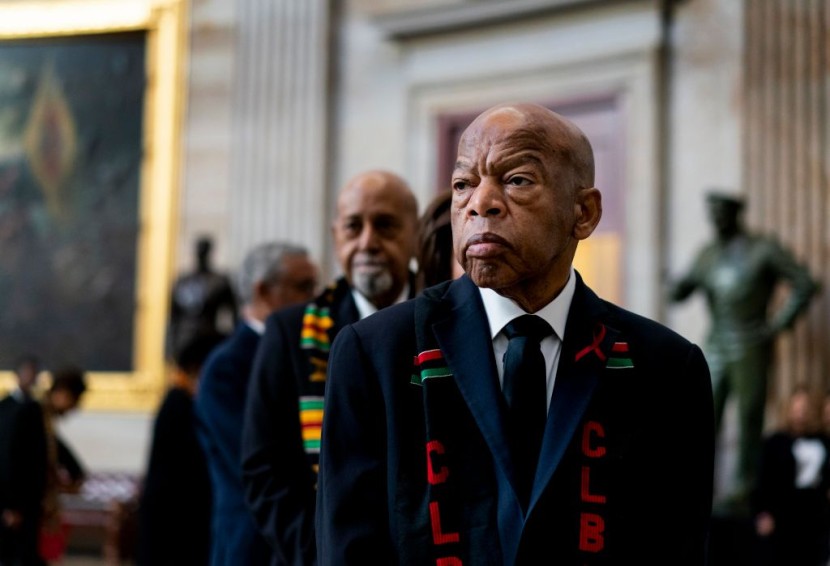
House lawmakers on Tuesday passed a sweeping voting rights bill aimed at protecting the right of every citizen in the United States to vote.
The bill, which is named after the late Georgia congressman and civil rights leader John Lewis, outlined a new formula that can be used by the Justice Department to determine whether states and local jurisdictions have discriminatory voting patterns.
Under the John Lewis Voting Rights Advancement Act, jurisdictions with a recent history of discrimination would be required to get approval from the Department of Justice before they can make changes to their voting laws. The bill also includes measures that would counter two Supreme Court rulings that made it harder to challenge discriminatory voting changes, according to Fox News.
Voting Rights Bill
The Lewis bill had first been put in place under the Voting Rights Act of 1965. However, the Supreme Court struck it down in 2013. The conservative majority argued that the formula used to determine which state needed approval before making changes to their voting laws were outdated and unfairly punitive.
Despite striking it down, the Supreme Court did say that the U.S. Congress could come up with a new formula, which is exactly what the bill brings to the table, according to the Associated Press.
The Lewis bill passed with a vote of 219-212. No Republicans in the House voted in favor of the legislation. The bill will now proceed to the Senate, where it may face steep opposition as the Democrats only have a slim 50-50 majority. This means they lack the 60 votes needed to pass the bill.
On Tuesday, House lawmakers also argued that the Lewis bill is a vital complement to the Democrat's For the People Act, which Republicans in the Senate filibustered in June.
The For the People Act would create minimum voting standards in the U.S. This included same-day and automatic voter registration, as well as no-excuse absentee voting. The filibustered bill would also require all federal elections to have an identical set of rules. While these rules could be changed by state and federal jurisdictions, they could only be tweaked to provide more access.
Advantages of the Legislation
The measure would also make it much easier for voters to register, designate their party affiliations, change their addresses and de-register through an online portal. Voters would also be automatically registered when they visit state or federal agencies unless they explicitly refuse to be.
Early voting would also be expanded across the United states, with all jurisdictions offering it for 15 days, at 10 hours each day, as reported by The New York Times.
President Joe Biden on Tuesday echoed the House's message, calling for the Senate to pass the Lewis bill and send it to his desk.
"The House is acting. The Senate also has to join them to send this important bill to my desk, and the Senate has to move forward on the people's act - critical legislation to protect our democracy and the right to vote," Biden said, according to NPR. "We need both of those."
Related Article:
Federal Unemployment Benefits Unlikely to be Extended Amid Lack of Support From Democrats
© 2026 HNGN, All rights reserved. Do not reproduce without permission.








